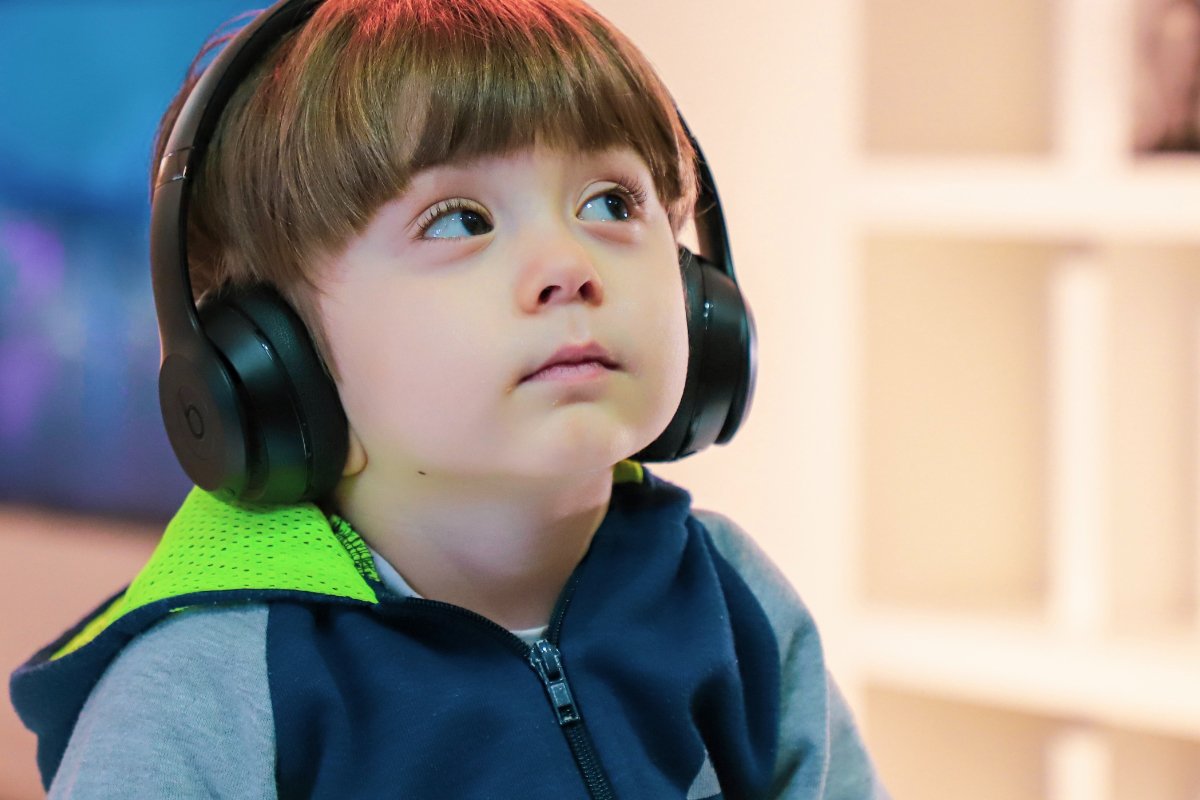Autism is a whole-body disorder with common co-morbidities that include anxiety, depression, attention deficit and hyperactivity disorder (ADHD), schizophrenia, bipolar disorder, sleep disturbances, gastrointestinal disorders, eating and feeding issues, and seizures. Autism affects all ethnic groups, and boys are four times more likely to be diagnosed with autism than girls.
The World Health Organization (WHO) estimates that one in 100 children globally has autism spectrum disorders. Approximately one out of every 44 American eight-year-old children were identified with autism in 2018 according to the Autism and Developmental Disabilities Monitoring (ADDM) Network of the U.S. Centers for Disease Control and Prevention (CDC).
This peer-reviewed study evaluated a software as a medical device called the Cognoa ASD Diagnosis Aid that leverages AI machine learning and consists of a mobile app for caregivers and portals for video analysis and healthcare providers. Stanford Associate Professor of Pediatrics and Biomedical Data Science Dennis Wall, PhD, scientific founder of Cognoa, created the AI machine learning algorithm to classify data from interviewer-based examinations given by clinicians to the care provider about autism symptoms when he was at the Center for Bioinformatics at Harvard Medical School.
The machine learning algorithm was originally developed in Dr. Wall’s lab. The AI was trained on the Autism Speaks’ Autism Genetic Resource Exchange (AGRE) database and then validated with the same database along with data from the Simons Foundation and the Boston Autism Consortium. Dr. Wall’s AI classifier was 92 percent accurate in predicting those who did not have ASD according to a prior study published in 2012. The AI was further enhanced to include a tool used by clinicians based on first-hand observations of the child called the Autism Diagnostic Observation Schedule (ADOS).
The version of the AI evaluated in this current study is in its fourth generation and was enhanced by subsequent research and development. This study assessed the ability of the AI-enabled device to assist medical professionals in diagnosing autism spectrum disorder in children between the ages of 18 to 72 months old with parental or health care provider concern for developmental delay. The predictions generated by the machine learning device were compared to human clinical diagnosis based on DSM-5 criteria and validated by one or more reviewing specialist clinicians.
In a 425 study participants, the AI machine learning algorithm produced a diagnosis in 32 percent of patients of either “Positive for ASD” or “Negative for ASD.” The AI had a predictive accuracy of 98.4 percent for children with autism, and 78.9 percent who did not have ASD. For the 68 percent of children where the AI gave results of “indeterminate,” 91 percent had one or more neurodevelopmental conditions.
To contextualize the "indeterminate" classifications, it is helpful to note that one or more mental health conditions often accompany people with autism. According to the Autism and Health: A Special Report by Autism Speaks, epidemiological studies estimate that 54-70 percent of those with autism have at least one mental health condition. Per Autism Speaks, the most prevalent of mental health conditions among the autistic is attention deficit and hyperactivity disorder (ADHD). The report points out that in various other studies conducted in the last ten years, an estimated 30-61 percent of people with autism also have ADHD, much higher than the roughly 6-7 percent of the general population with ADHD figures from the CDC. Among people with autism, an estimated 11-42 percent have one or more anxiety disorders, 7 percent of children and 26 percent of adults have depression, 4 to 35 percent of adults have schizophrenia, and 6 and 27 percent have bipolar disorder.











